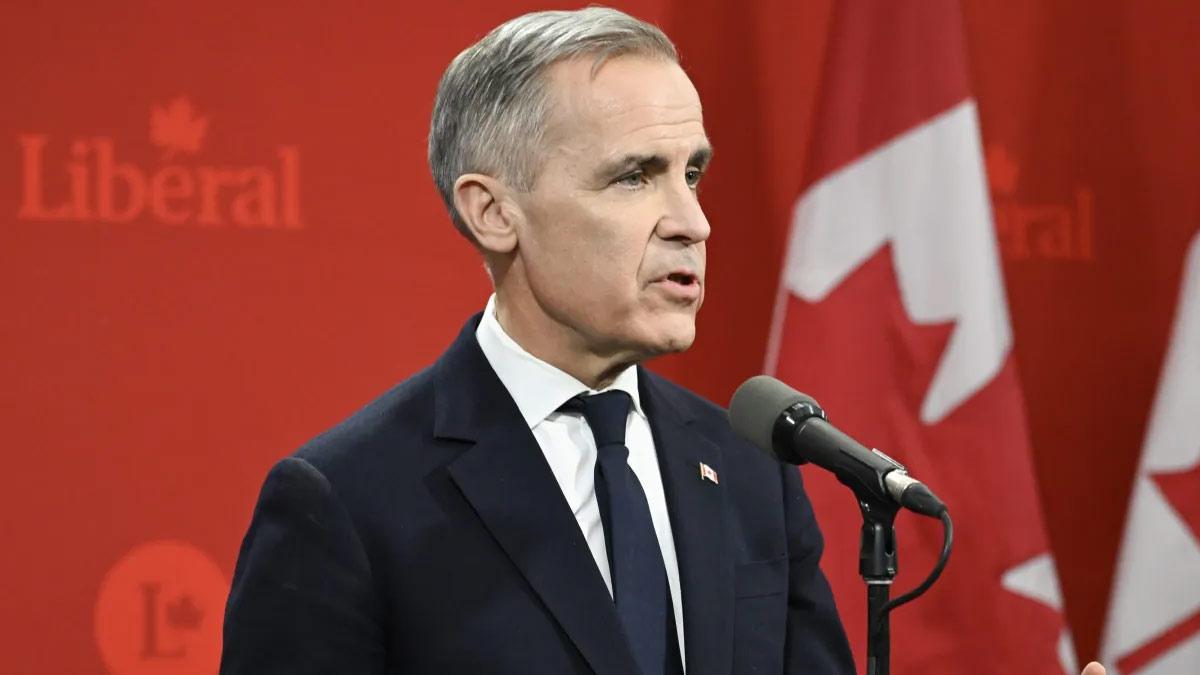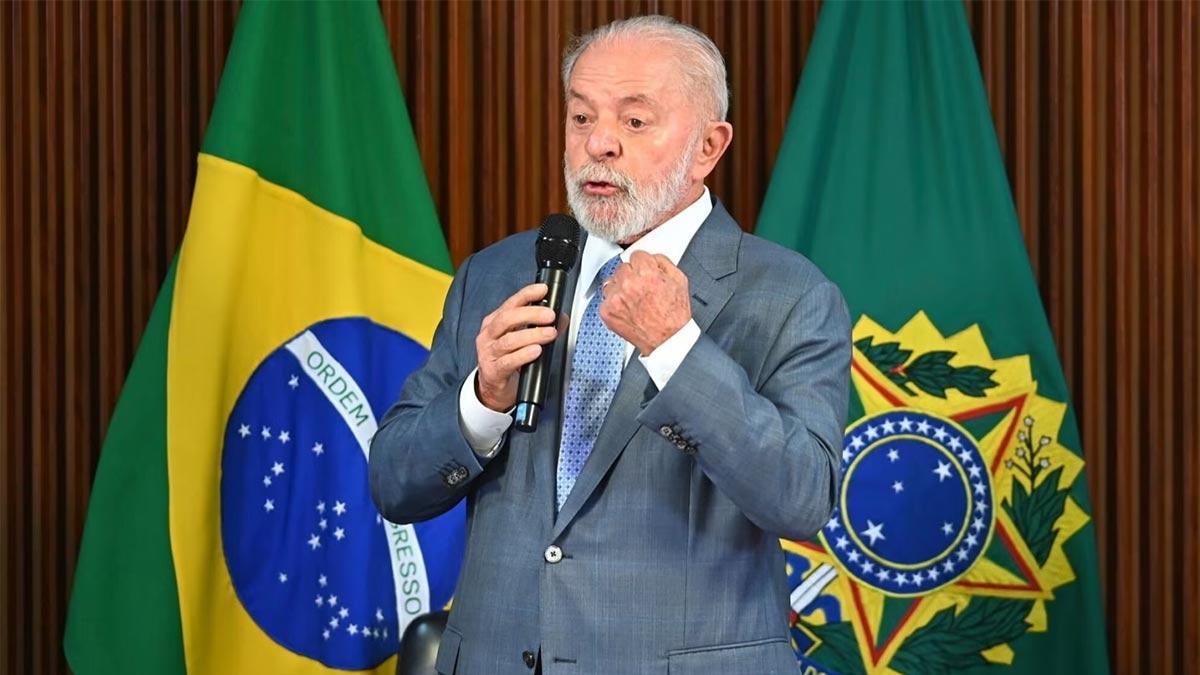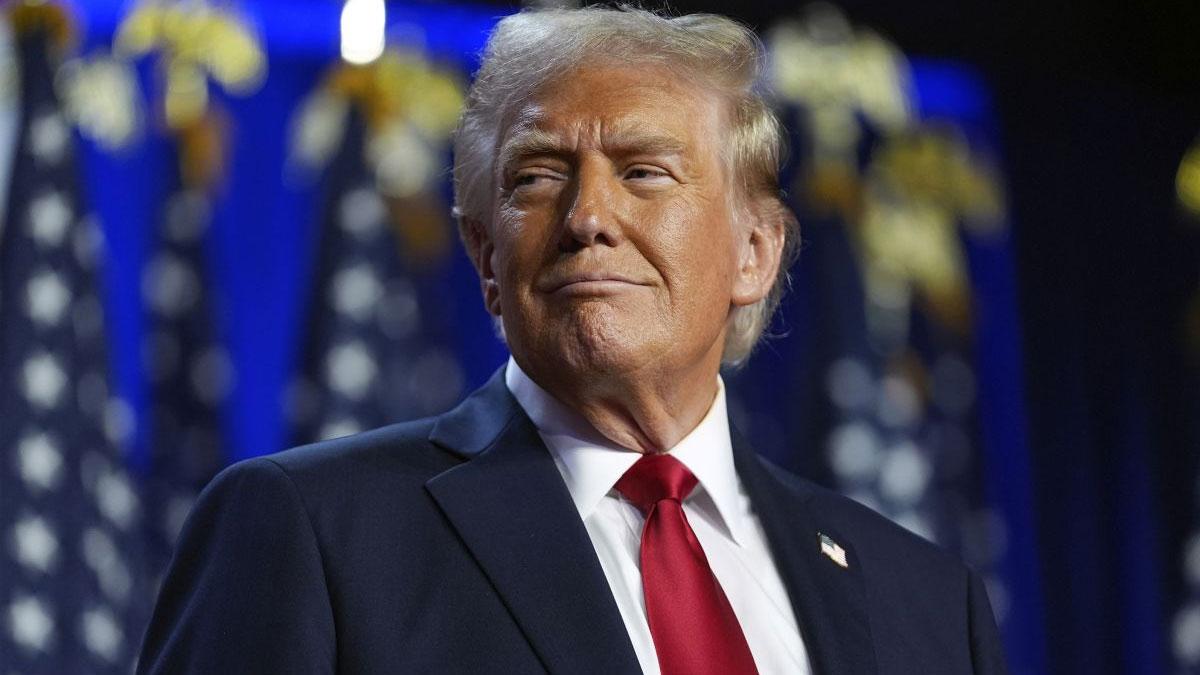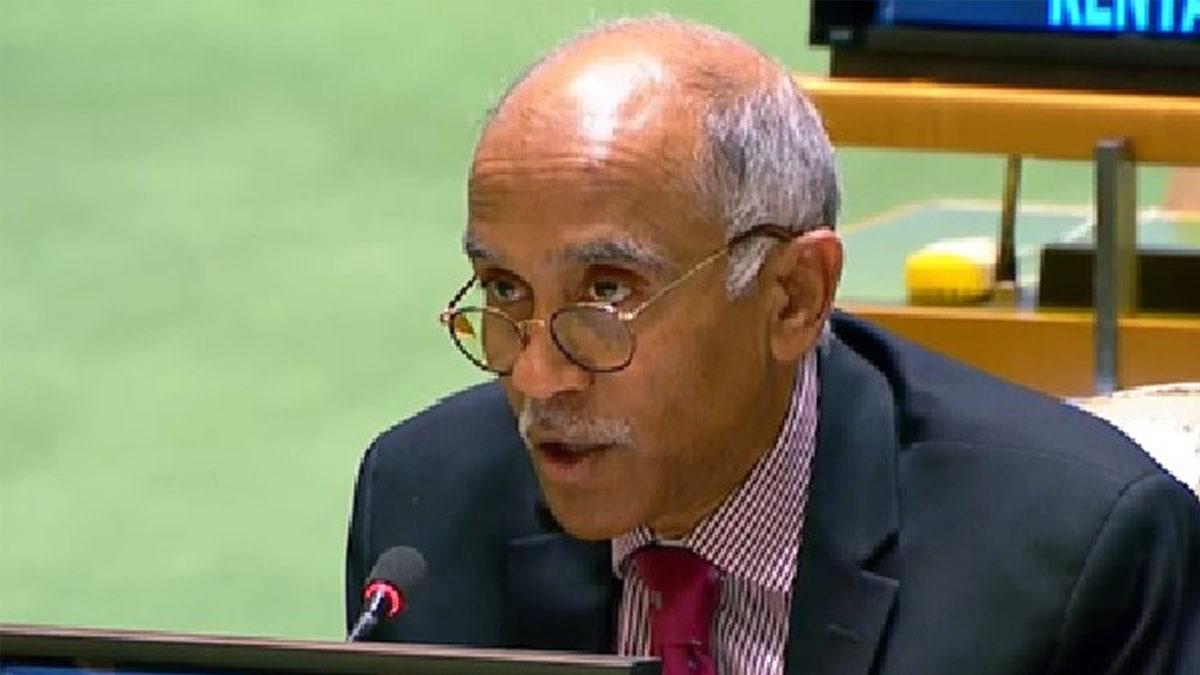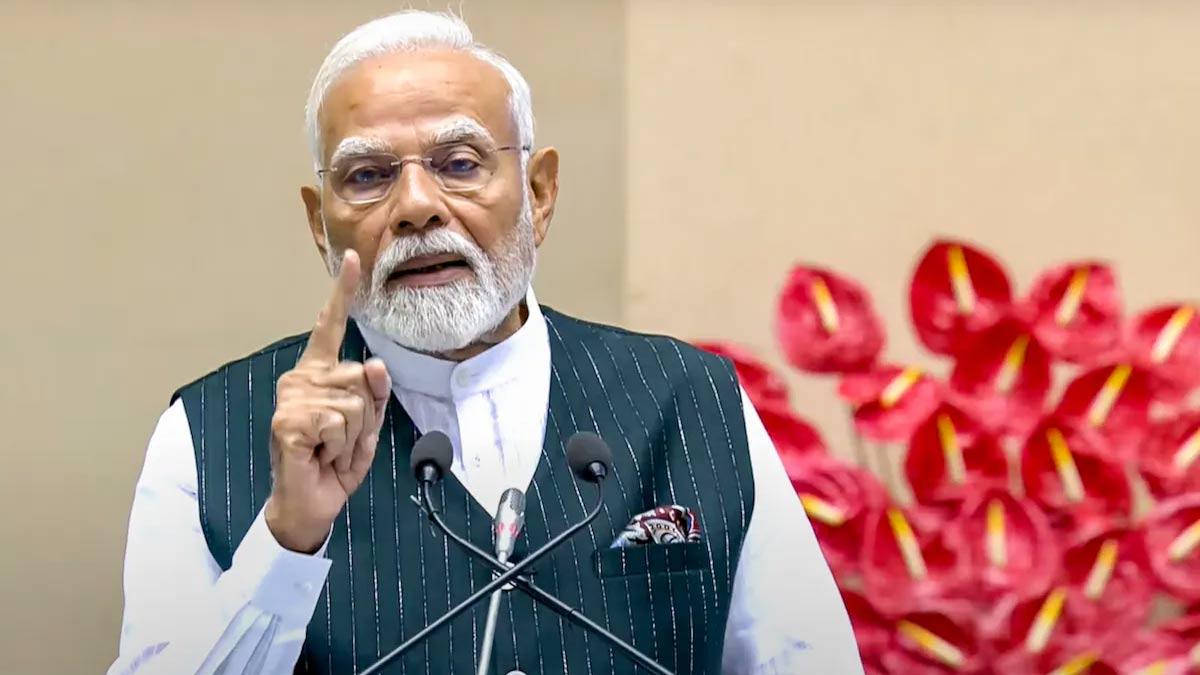Canadian Prime Minister Mark Carney declared Canada would "never" yield to the United States following a victorious federal election at the beginning of Tuesday. The win followed a tense campaign replete with habitual provocations and high trade barriers by US President Donald Trump.
In his victory speech, Liberal Party leader Carney vigorously criticized Trump but in the same breath offered an inclusive message to the divided nation. He promised to "represent everyone who calls Canada home," and that his government would never succumb to the US.
As I have warned for months now, America needs our land, our resources, our water, our nation. But these threats are not vacuous. President Trump is seeking to crush us so that America can own us," Carney said. "That will never ever happen.".
The Prime Minister once more reiterated his concerns about the shifting dynamics of Canada's relationship with the US, stressing the need for Canada to stand up for its own interests in the future.
"We're beyond the shock of the American betrayal, but we must never forget the lessons. We must look out for ourselves. And most importantly, we must take care of each other," Carney said.
Liberal Party triumph at the polls has meant a fourth term of office in a row, but it is not yet clear if Carney has achieved a majority or will have to resort to coalition government formation.
A party must win 172 seats to become a majority, but CTV estimates on CNN suggest Carney will probably form a minority government, whereas in CBC's view it's too early to say if a majority will be achieved.
Conservative Party leader Pierre Poilievre conceded early on Tuesday, acknowledging Carney's victory and announcing that the Prime Minister had received sufficient votes to form a "razor-thin minority government."
At 60, Carney, a former central banker, has presided over an increasing wave of anti-Trump passion since he became leader of the Liberal Party. He had been a champion of Canada's sovereignty, especially after Trump's combative rhetoric and threats to make Canada the "51st state."
Carney's leadership came in the aftermath of the resignation of former Prime Minister Justin Trudeau, who resigned over low polling numbers, economic hardship, and party turbulence. During the campaign, Carney posed as Canada's guardian, taking a stand against US President Donald Trump's combative tariffs and rhetoric.
Poilievre, defeated, acceded to collaborating with Carney and other stakeholders in "defending Canada's interests" and ensuring Canada's sovereignty remains protected. "We will always put Canada first as we face down tariffs and other reckless threats from President Trump," Poilievre declared.
Carney's path to becoming leader has been unconventional, never having served in politics previously before his appointment as prime minister. Having had a long history in finance, including having led Canada's economy through the 2008 global financial crisis, Carney is well positioned to overcome Canada's current financial challenges. His history as the governor of the Bank of England, when he led the institution through the complexities of Brexit, also positioned him as a leader who could navigate Canada through tough times.
During the course of his campaign, Carney emphasized Canada charting its own course and becoming free of the influence of the US, rendering economic independence the centerpiece of his platform.
"I know how the world works," Carney said in an interview with podcaster Nate Erskine-Smith. "I know people who run some of the world's biggest companies and know how they work. I know how the financial institutions work. I know how the markets work … I'm trying to bring that to the benefit of Canada."
The US tariffs, including a 25% tariff on steel, aluminum, cars, and car parts, have been particularly hard on Canadian companies and have raised recession concerns. Carney has been blunt about the economic hardships to be faced, predicting "tough days" for Canadian workers, but also reaffirming his commitment to restoring Canada's industrial base.
Carney has vowed to invest in domestic-based manufacturing, construction, and clean energy in an effort to reduce Canada's dependence on the US. While he has not ruled out speaking with Trump, his government has also gone on and attempted to finalize relationships with other, more "reliable" allies. In a move that caught many by surprise, his first overseas trip as Prime Minister was to Europe, where he spoke with French and British leaders on enhancing security and economic cooperation.
During his victory speech, Carney said that subsequent negotiations with Trump would be predicated on negotiating the future of the two nations' bilateral relationship, recognizing that Canada has many other options for building prosperity.
When I sit down with President Trump, it will be to discuss the future economic and security relationship between two sovereign nations," Carney maintained. "And it will be with the full consciousness that we have many, many other choices than the US to build prosperity for all Canadians.".
Pundits say Carney is well-placed to steer Britain through a possible trade war with America, as he has a strong financial background and political experience. He has come across as a leader willing to confront the challenge of Trump's belligerent approach.
In a crisis, you have to come together and you have to act with purpose and act with force. And that's what we will do," Carney had said earlier this month, positioning himself as the leader to tackle Trump's threats in a no-nonsense manner.
In another political upheaval, the National Democratic Party (NDP) was not sure if it had a future. The party, a key member of former Liberal minority governments, lost enough seats to lose its party status. NDP leader Jagmeet Singh, unable to hold on to his seat, stepped down.
Singh was enthusiastic about Carney, indicating the Prime Minister will have a valuable role to fulfill in "standing up for representing all Canadians and defending our nation and its sovereignty from the moves of Donald Trump."
Read also| Pakistan, China Pledge to Strengthen Regional Peace and Counter Unilateralism
Read also| Russia Asserts Full Control Over Kursk Region, Declares Liberation from Ukrainian Forces

